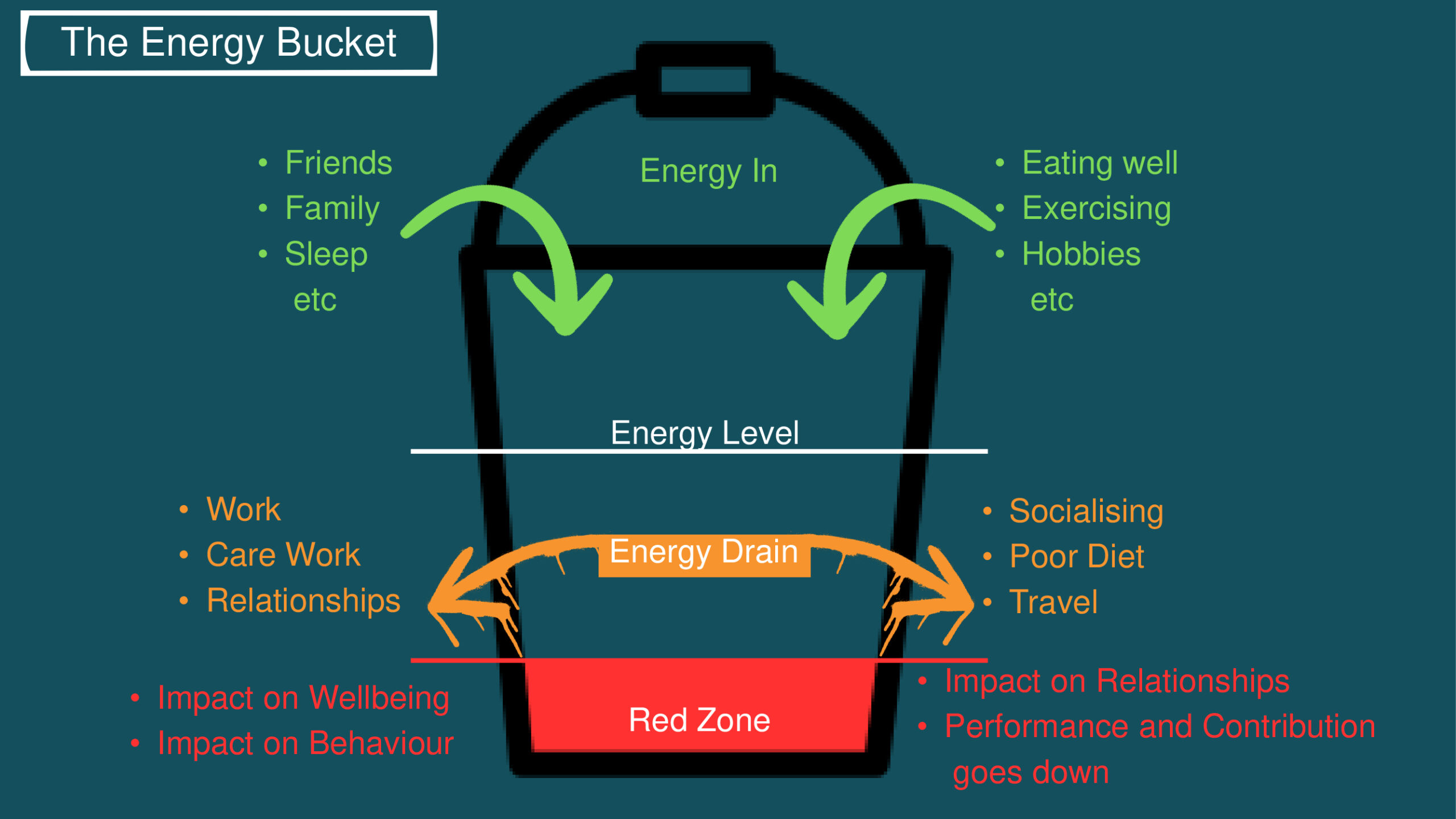Beating End of Year Exhaustion
Zest Benefits recently invited Annette to share her experience on the increasing levels of exhaustion and how leading with a Conscious Approach can ensure success. Read here or see the full blog below.
In the lead up to Christmas, an increasing number of people are experiencing high levels of exhaustion. Recognising when to take a break, and to look after you, is crucial. But how?
We have all probably experienced that feeling of tiredness towards year end, as we look forward to a much-deserved break from work over the Christmas period after a hectic year.
But something different is taking place.
In my coaching and consulting work I am seeing that people have gone beyond being tired – they are exhausted. Well and truly worn out, with low energy and tolerance levels, which in turn is affecting their physical and mental wellbeing.
This is then impacting other aspects of their lives, including their personal relationships, their performance at work, their diet, sleeping pattern etc.
We live increasingly hectic lives, the world continues to change, and we are increasingly being told that we are living in a time of crisis – wellbeing, economic and political. Then add to this the 24/7 culture we live in and the inability to switch off, the demands of a role, multiple demands on your time, working under pressure for extended periods, and potentially a feeling of not being in control.
It can be incredibly draining and takes a toll on all of us.
Employers have an opportunity to recognize how their employees may be feeling, and to help consider what may be impacting them, the contribution of the team, engagement levels and performance across the business.
Why is it important to stop and reflect when people are feeling exhausted?
Being exhausted is more than feeling tired, exhaustion is the central symptom of burnout, which can then follow if your employees do not stop and take a look at what they need to do, and change. They will need your help to do this as when exhausted, people can shut down, withdraw and just go into ‘operating mode’ which can feel like a hamster just endless spinning in its wheel.
Too many of us try to keep going and then ultimately burnout – this doesn’t do us, or those around us, any good and can be very hard to come back from.
It has to start with you helping your people look after themselves, the rest can then follow.
If their personal fuel levels feel low – I call this your ‘energy bucket’ – then it is time to consider what is draining it and what can refill it. Leaders may be feeling this too; as a leader it is very hard to successfully lead and inspire others when your own energy levels are low.

Do any of these symptoms resonate with what you are seeing in your business?
They have with me in the past – people experiencing a feeling of complete physical, cognitive, and emotional fatigue that is affecting every aspect of their life.
By the way, your people may not be sharing all of this with you; people tend to just refer to being tired.
But exhaustion goes beyond that, you may be seeing this show up though in a number of ways, lack of positivity, a change in attitude and behaviour, short fuses, low energy, increased absence, engagement levels are reduced, performance and contributions levels have changed.
Are you experiencing anything like this?
Some questions to encourage your employees to think about over the holiday period.
It is important to step back and encourage your people to take the time to ask themselves some questions.
Is their current workload sustainable?
- If it isn’t ask them to consider what has to change to make the workload manageable. Before the quality and contribution of the work goes down.
- And to come back to work in the new year ready for a discussion about the impact of the current workload, and proposed changes.
- Ask them to write this out so that they can consider the way forward, and important for you to ask about, and for them to share, the impact it is having.
- Important as too often we try to keep managing or assuming people are ok.
Are they connecting with their work from a personal values perspective?
- If not, then be aware that working in an environment, on something or with people that jar with personal values is not good for any of us from a mental or physical wellbeing perspective.
- It also impacts connection, performance and contribution.
- Again, ask them to consider if they have any recommendations re the working environment, culture or role that would enhance their ability to connect.
- Then have this discussion in the new year, sometimes doing it as a team can help individuals to open up and share.
Are they feeling that they are adding value and being valued?
- We all need to have a sense of purpose and feel that we are adding value and being valued. It is core for all of us.
- This then leads to do we feel that we are being equitably recognised and rewarded for our contribution; insufficient recognition can impact our sense of self-worth, and in turn our wellbeing.
- If we don’t feel that we are being treated equitably or fairly, then this can eat away at us internally.
- Ask them to consider what recommendations they have in this area too.
Do they feel in control of their life, work and the decisions that they are making?
- The less autonomy we have, the less in control that we feel.
- Being able to choose what, when, where how and with who is important to all of us.
- Ask them how you might be able to help them feel more in control; enable them to say no and set boundaries.
How are their relationships (could be at home and work) and are there any that you / they are concerned about?
- Relationship contributes hugely to our wellbeing and engagement.
- We all need to feel connected and supported.
- Relationship conflict can affect those feelings and increase our stress levels.
- Remember, others don’t know how we are feeling about things unless we tell them, it is only then that the change can begin.
- Another area for discussion in the new year.
Start by asking your employees to consider their response to the above questions and what is going to help them, encourage them to talk about it at home. Also ask yourself the same questions and then you can have a shared discussion in the new year.
How can I help my employees consider these questions?
I refer to the time that we take off over Christmas as an opportunity for us all to ‘reset’.
To do this you need to consider how you can help your employees:
- Encourage, and facilitate, for them to take some solid time off work – my challenge to you is can you close the office for defined periods of time, e.g. 1-2 weeks?
- You may want to make Christmas party attendance optional or move them to the New Year to take some of the end of year pressure off people.
- Reward and recognise people with time back – e.g. recognition that they went above and beyond so award additional leave (e.g. 2 days more vacation time, with flexibility on when to take it).
- Encourage people to switch off from work – can you put boundaries in place to do that? Ask people to respect others holiday plans and the need to recharge, put out of offices notices on emails etc.
- Talk about your own plans to spend some time with the people that are important to you – to focus on relationships. Be a role model with your own plans to step back and recharge over the holiday.
- Encourage people to use the resources you already have available – e.g. wellbeing programmes, EAP websites and phone lines. And consider making these available to their immediate family too.
- What else could you do/ they do?
You can make this come alive but posing the above questions to people before they go on the Christmas break.
- Ask them to come back in the New Year with their thoughts and recommendations. Writing it down can help the reflection, and planning. Encourage them to share their plan at home with someone to help their commitment to looking after themselves more.
- Make sure that you get some time for you to also consider these questions, reflect on your answers and to create your own action plan for the New Year.
- And most importantly follow up with your employees in the New Year – be open minded, consider the recommendations and integrate some changes.
- Ensure you create a safe environment for the discussions, you can be making a difference to people lives as well as engagement and performance in your business.
Then your organisation can go into 2024 happier and healthier, and better prepared for the year ahead.

